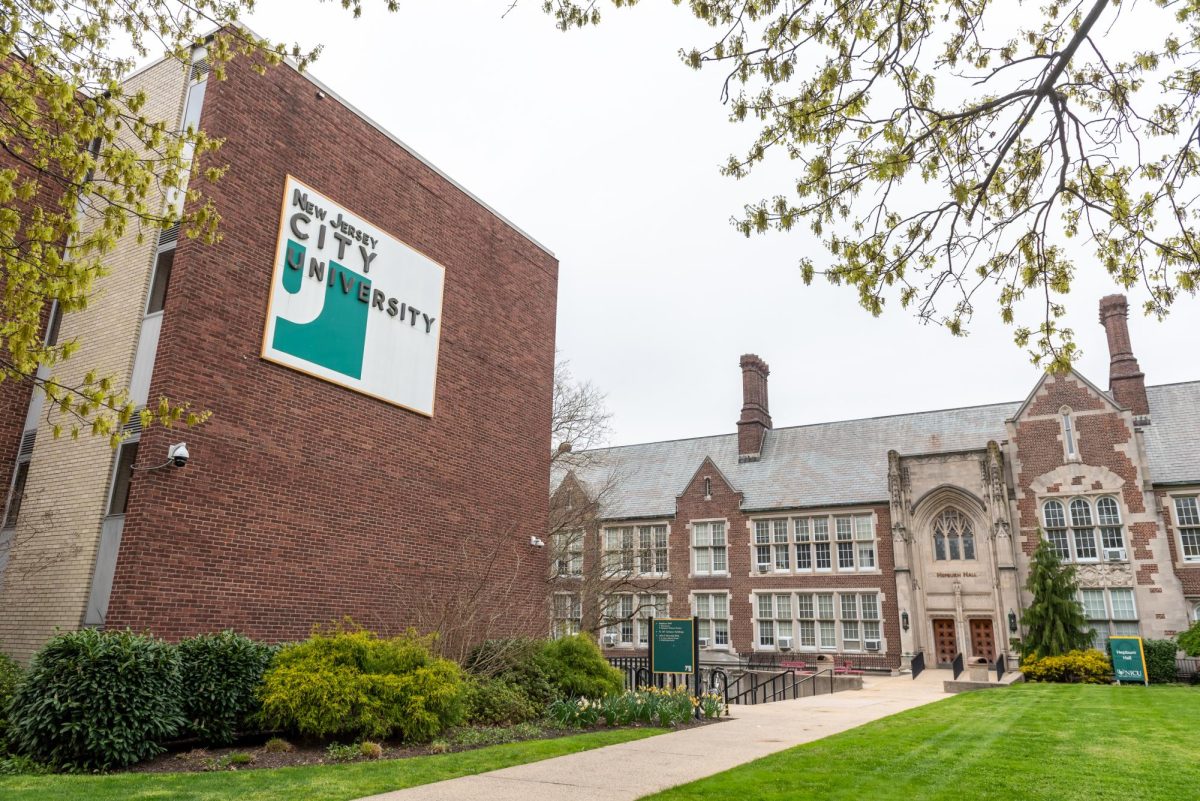By Atilla Amazi—
Students leaders representing numerous public universities convened at Rutgers-Newark for a New Jersey United Students meeting. The organization approved a probationary constitution and discussed ways of mobilizing students throughout the state.

According to the organization’s Facebook page, their mission statement reads: “As student leaders we work to educate, advocate, and empower students both within our universities and communities. In solidarity with all struggling public institutions, we the past, present and future students of New Jersey unite!”
NJUS is a coalition of public state colleges and universities, as well as community colleges, which advocate the interests of students for higher education. Currently, no organization like it exists in which the voices of all the state school students are integrated into a single discourse that aims to create a united front for student education improvement and is represented by students.
Cabo Granato, 26, a Political Science major of Rutgers, Newark and interim co-chair of NJUS said some of the focal goals of the coalition are to slash tuition hikes, increase funding for higher education, and create a student proposed higher education council.
Granato added, “[We] want to enact change today to improve the state of higher education for students tomorrow.”
John Aspray, interim co-chair, an alumnus of the New Brunswick campus of Rutgers, and one of the founding members of the organization said, “When [I] and some of my colleagues at Rutgers [New Brunswick] set out to found NJUS, we envisioned an organization that can effectively advocate for students in Trenton, as well as mobilize students for actions on our local campuses to hold our University administrations accountable. So far, I think we’ve been doing well in approaching that vision.
“On April 13th, 2011, we had our first big action, which was a statewide “Day of Action” around education on 8 campuses. In New Brunswick we had a 600-person Walk Out; at Rowan, Teach-in and petition drive where 10 percent of the school signed on to freeze tuition; at Rutgers Newark, a legislative phone bank to call legislators in Trenton.”
The most imminent of all of the agendas was the review, evaluation, and vote on the adoption of the NJUS constitution. Although a composed draft of the constitution has been available since June, most campus representatives examined it for the first time.
It was emphatically stressed that the constitution was temporary and would be voted on again in an upcoming meeting. This appeased some concerns that there were only five campuses being represented in the summit—all three of Rutgers campuses, Montclair, and NJCU—out of the 12 public colleges and universities and 18 community colleges of the state.
The Constitutional draft was written by Brian Block from TCNJ, and Laura Hahn from Ramapo. From preamble to the final article, consisting of eight in total, the thoroughly composed document covered all bases.
All five present campuses, out of the 16 total currently participating, voted unanimously to adopt the probationary constitution.
Following the approval of the constitution, the attention was then turned to electing executive officials to carry out various tasks for the organization. Of the 11 possible positions available, the New Brunswick campus of Rutgers held most with four.
Our campus was represented by Rafal Rogoza, 25, Political Science major of Jersey City and Jan Arguilos, 24, Media Arts & Political Science major of Seacaucus.
Last order of business was planning for upcoming initiatives such as outreach programs to encourage and widen the level of participation as well as the next “Day of Action.”
Aspray said the association should look to partner with teacher’s unions and progressive education unions alike, using the success of the Rutgers One coalition in New Brunswick as an example.
A testament to student action making impact is evident from last April’s “Walk into Action” where students walked out of classes in the support of lower tuition prices.
Rutgers One also organized a sit-in where students occupied Rutgers President Richard L. McCormick’s office with eight demands, including a demand for no tuition increase. The sit-in put pressure on the Board of Governors, which resulted in a tuition increase to be cut in half, Aspray said.
The goal for NJUS is to create a similar coalition that represents all colleges and universities statewide. Student unity and action has proven to be successful, Granato said.
“I believe that, when it comes down to it, people really do care about the quality and availability of higher education in New Jersey. There are currently over 400,000 students enrolled in institutions of higher education across New Jersey.” Aspray added, “And these institutions, which serve a substantial portion of the state, are in crisis. New Jersey is 50th in the nation for funding higher education. We’re last.”
When asked why anyone should participate in NJUS, Aspray replied, “Students can’t afford to not work with other students from universities across the state. There’s a crisis of leadership among politicians in New Jersey, and simply put, they haven’t made education the priority it should be. They’ve failed to invest in the future of the State. We want to help show them that this is an error. And I think that if we can make some of the right arguments and show we can fund our schools, they’ll pay attention. Having a lot of pissed off students standing behind us doesn’t hurt, either.”







